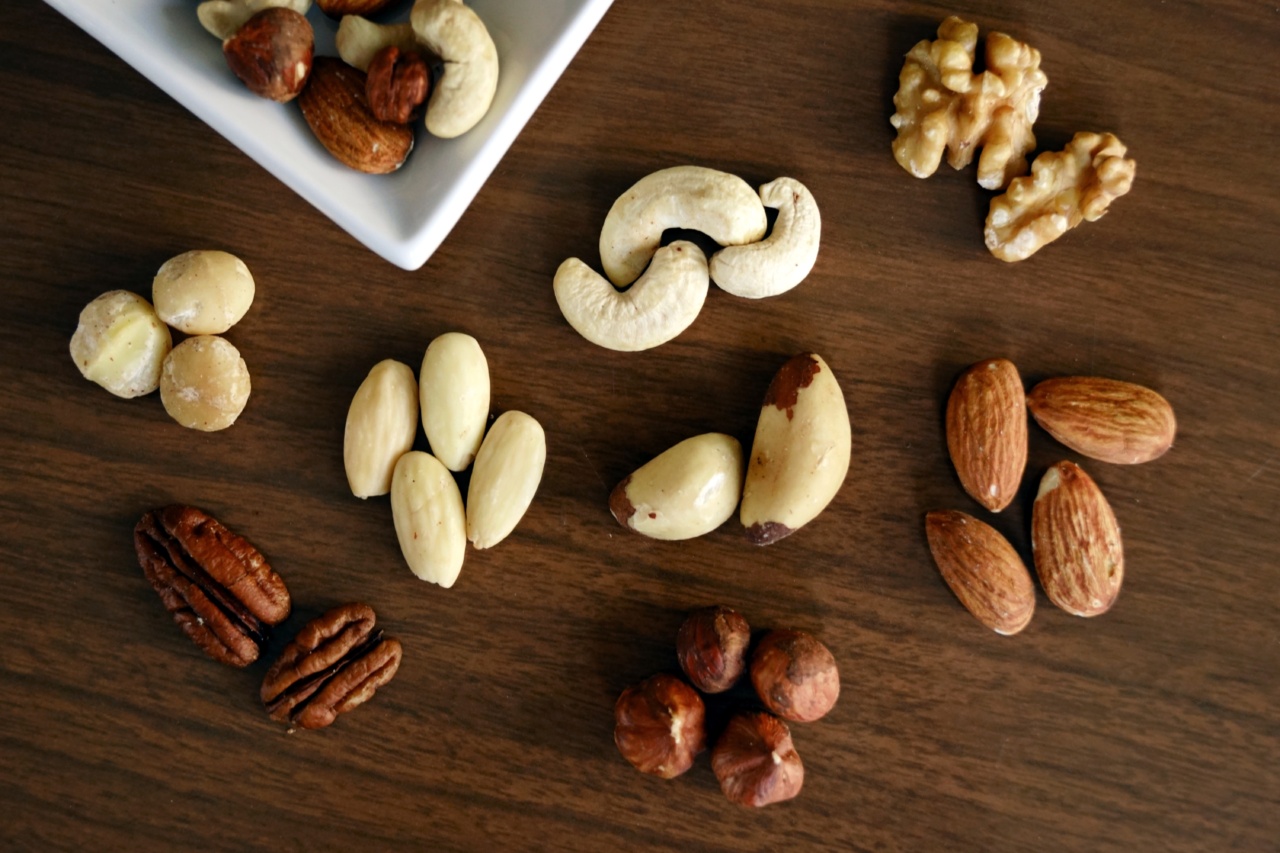Brazilian walnuts, also known as Brazil nuts, are the seeds of a large tree native to South America. These nuts have gained popularity in recent years due to their rich nutritional profile and potential health benefits.
In particular, Brazilian walnuts have been lauded for their positive impact on liver health. This article explores the various ways in which Brazilian walnuts can contribute to liver health and overall well-being.
The Nutritional Profile of Brazilian Walnuts
Brazilian walnuts are packed with essential nutrients that support overall health. They are an excellent source of selenium, a mineral known for its antioxidant properties.
Just one ounce of Brazilian walnuts provides more than 700% of the recommended daily intake of selenium. Antioxidants help combat the harmful effects of free radicals, which can damage cells and contribute to various diseases.
In addition to selenium, Brazilian walnuts are also rich in other important vitamins and minerals. They are a good source of magnesium, phosphorus, copper, and zinc. They also contain vitamins B1, B6, and E, as well as healthy fats and dietary fiber.
Brazilian Walnuts and Liver Health
Liver health is crucial for overall well-being as the liver performs many vital functions in the body, such as detoxification, metabolism of nutrients, and synthesis of important proteins.
Brazilian walnuts offer several benefits that can support liver health:.
1. Antioxidant Protection
The high selenium content in Brazilian walnuts helps protect the liver from oxidative stress. Oxidative stress occurs when there is an imbalance between the production of free radicals and the body’s ability to neutralize them.
This oxidative stress can damage liver cells and lead to liver inflammation and dysfunction. Selenium acts as a potent antioxidant, neutralizing free radicals and reducing oxidative stress in the liver.
2. Anti-inflammatory Properties
Chronic inflammation is a common feature of various liver diseases, including nonalcoholic fatty liver disease (NAFLD) and hepatitis. Brazilian walnuts contain omega-3 fatty acids, which have been shown to have anti-inflammatory effects.
These fatty acids help reduce inflammation in the liver and may help prevent or manage liver diseases associated with inflammation.
3. Liver Detoxification Support
The liver is responsible for detoxifying harmful substances and metabolizing drugs.
Brazilian walnuts contain a compound called N-acetyl cysteine (NAC), which supports the production of glutathione, a powerful antioxidant involved in the detoxification process. Glutathione helps remove toxins and protects the liver from damage. Including Brazilian walnuts in your diet can support the liver’s detoxification function.
4. Improved Glycemic Control
Maintaining stable blood sugar levels is crucial for liver health. High blood sugar levels can lead to nonalcoholic fatty liver disease and insulin resistance.
Brazilian walnuts have a low glycemic index, meaning they do not cause a rapid spike in blood sugar levels. Additionally, the healthy fats and fiber present in these nuts can help regulate blood sugar levels and improve insulin sensitivity.
5. Weight Management
Obesity and excess weight are major risk factors for liver diseases such as NAFLD. Brazilian walnuts can aid in weight management due to their high fiber, protein, and healthy fat content.
These nutrients promote satiety, helping you feel fuller for longer and reducing the likelihood of overeating. By incorporating Brazilian walnuts into a balanced diet, you can support weight management and reduce the risk of liver diseases associated with obesity.
Incorporating Brazilian Walnuts into Your Diet
Adding Brazilian walnuts to your diet is an easy and delicious way to support liver health. Here are some ideas for incorporating these nutritional powerhouses into your meals:.
1. Snack on a Handful
Eating a handful of Brazilian walnuts as a snack is a quick and convenient way to reap their benefits. Keep a small container of these nuts in your bag or desk drawer for a nutritious midday snack.
2. Sprinkle on Salads
Add a crunch and boost of nutrition to your salads by sprinkling crushed or chopped Brazilian walnuts on top. They can complement both sweet and savory salads, adding a unique flavor and texture.
3. Blend into Smoothies
Giving your smoothies a nutritional upgrade is as easy as tossing a handful of Brazilian walnuts into the blender. They add a rich, nutty flavor and extra protein, fiber, and healthy fats.
4. Use as a Topping
Enhance your favorite dishes by using Brazilian walnuts as a topping. Whether it’s yogurt, oatmeal, or roasted vegetables, the addition of these nuts can take your meals to the next level in terms of taste and nutrition.
5. Bake into Healthy Treats
Get creative in the kitchen and incorporate Brazilian walnuts into your baking. From cookies to granola bars, these nuts can add a nutritious twist to your favorite treats.
Conclusion
Brazilian walnuts are a nutritional powerhouse that offers various benefits for liver health. Their high selenium content provides antioxidant protection, while omega-3 fatty acids and NAC contribute to anti-inflammatory and detoxification support.
Eating Brazilian walnuts can also help improve glycemic control and aid in weight management. By incorporating these delicious nuts into your diet, you can support liver health and overall well-being.































